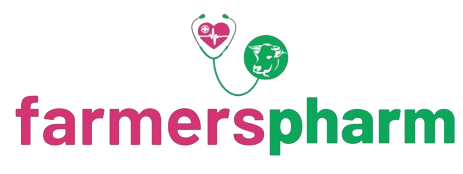Veterinary medicine plays a critical role in agribusiness, as it helps to ensure the health and well-being of the animals that are raised for food production. Veterinarians in agribusiness work to prevent, diagnose, and treat diseases and injuries in a wide range of animals, including cattle, pigs, poultry, sheep, and goats.
One of the main responsibilities of veterinarians in agribusiness is to develop and implement vaccination and disease control programs. This may include regular herd or flock health check-ups, as well as vaccinations and other preventive measures to protect the animals from diseases and parasites. Veterinarians may also work with farmers to implement biosecurity measures, such as quarantine protocols, to prevent the spread of disease between different animal populations.
Veterinarians in agribusiness also play a critical role in the diagnosis and treatment of diseases and injuries. They may use a variety of diagnostic tools, such as blood tests and imaging techniques, to identify the cause of an animal’s illness or injury. Once a diagnosis is made, the veterinarian will develop a treatment plan to help the animal recover.
In addition to working directly with animals, veterinarians in agribusiness may also work with farmers to improve animal welfare, breeding, and nutrition. This may include developing feeding and management plans to optimize growth and production, as well as implementing breeding programs to improve the genetic characteristics of the animals.
Another important aspect of veterinary medicine in agribusiness is ensuring the safety of food products for human consumption. Veterinarians in agribusiness may work to ensure compliance with food safety regulations and to prevent the spread of zoonotic diseases (disease that can be transmitted between animals and humans) through the food supply.
Overall, veterinary medicine plays a vital role in agribusiness, helping to ensure the health and well-being of the animals and to protect the safety of food products for human consumption. It is a multidisciplinary field that requires knowledge of animal husbandry, disease prevention, diagnosis, and treatment, as well as food safety regulations.


